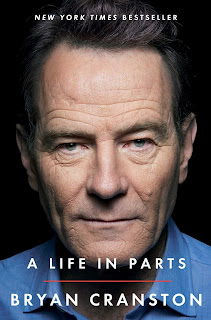I just finished this book. It was 277 pages and I read it in a few hours while recovering from a stomach bug.
Truth be told, I loved the Tom Hanks/Leonardo DiCaprio/Christopher Walken movie version of this book. But for once, I wasn’t disappointed when I picked up the book after seeing a movie, or vice versa.
For those of you that don’t know the story already, Frank Abagnale was one of America’s most successful check forgers. He made millions by forging and cashing thousands of checks around the world. He impersonated an airline pilot, a doctor, and a state prosecutor. And he did it all before he turned 21.
While the book doesn’t provide an ending to the story, it does provide much more detail about how the illustrious conman got away with his scam for so long. He kept moving, using the banking system to cover his tracks while he was on his way to his next destination… and target. Over and over again, he repeated his scam and refined it, with nothing but confidence and research on his side.
Things have changed quite a bit since the 1960s due in part to Abagnale’s criminal endeavors. He helped uncover weaknesses in the banking system that allowed him to succeed in cashing two and a half million dollars worth of fraudulent checks in five years’ time.
A fascinating tale - though I don’t know how much of it was accurate. Seemed like an awful lot to remember.













